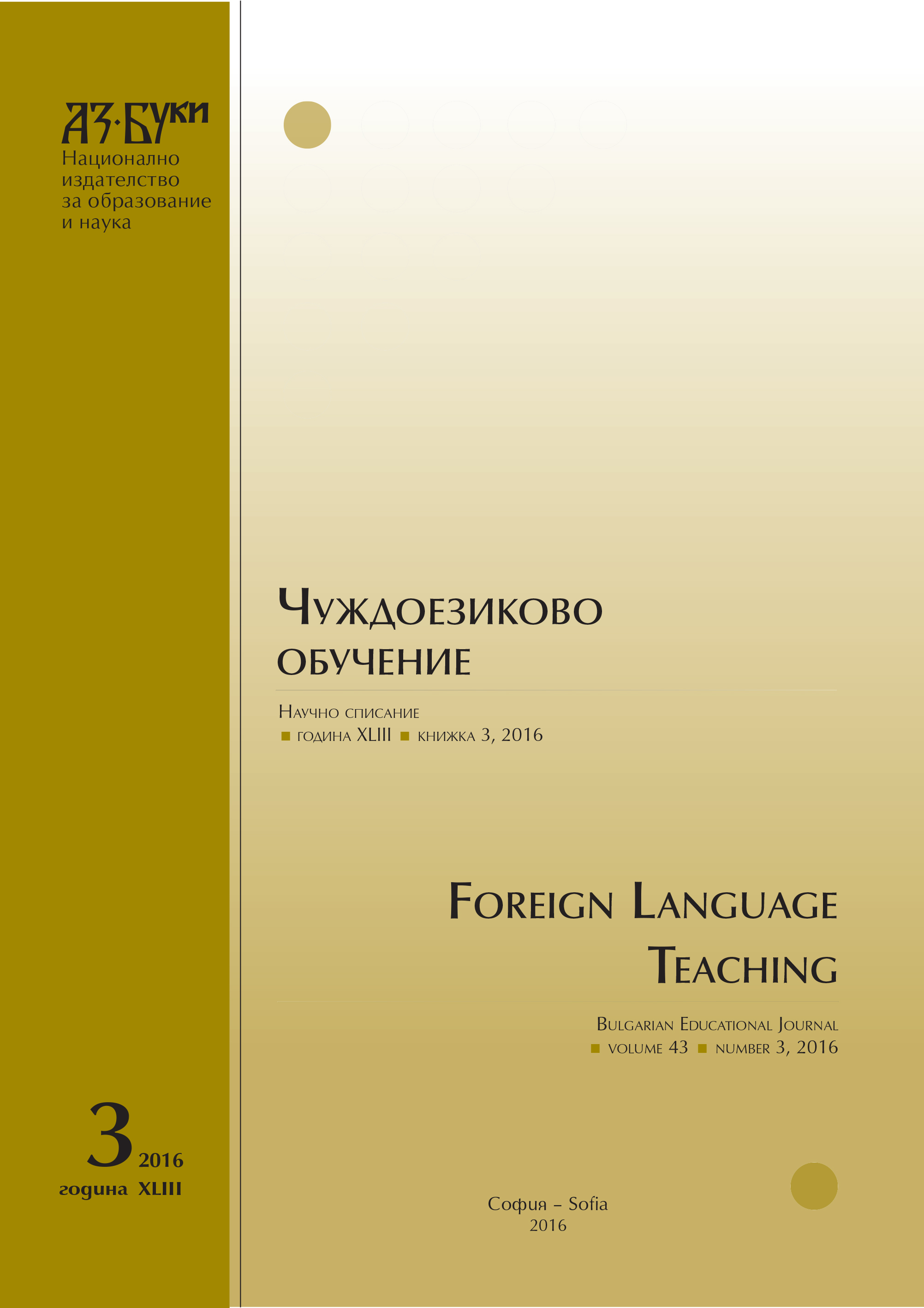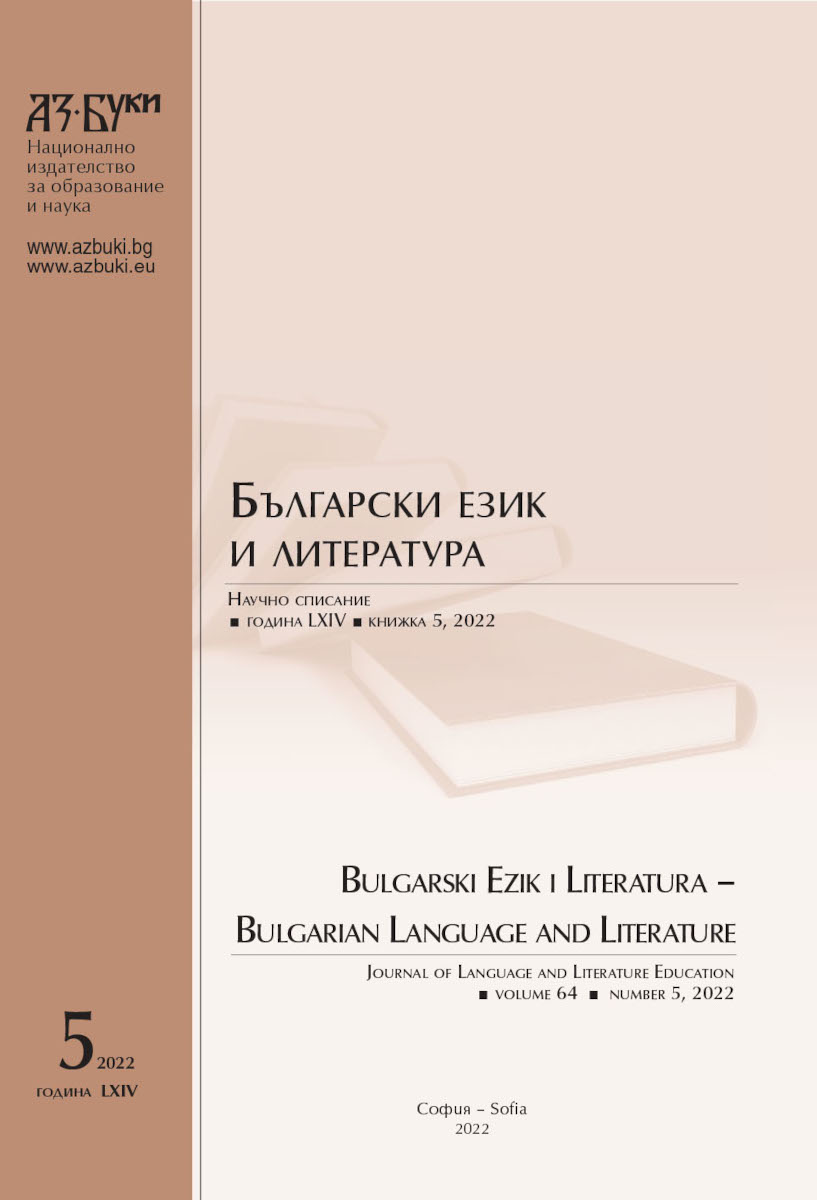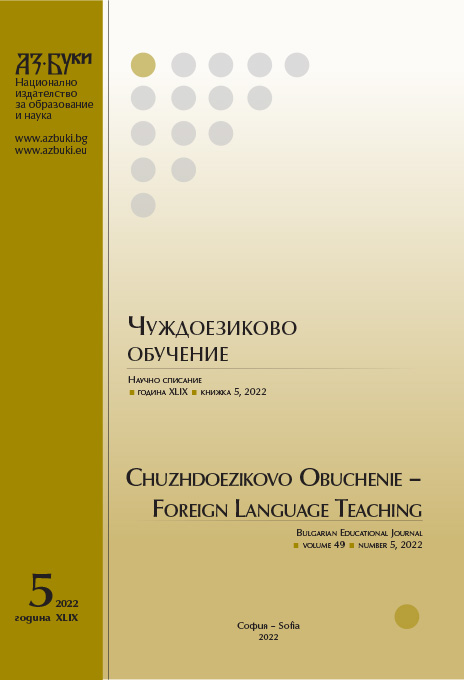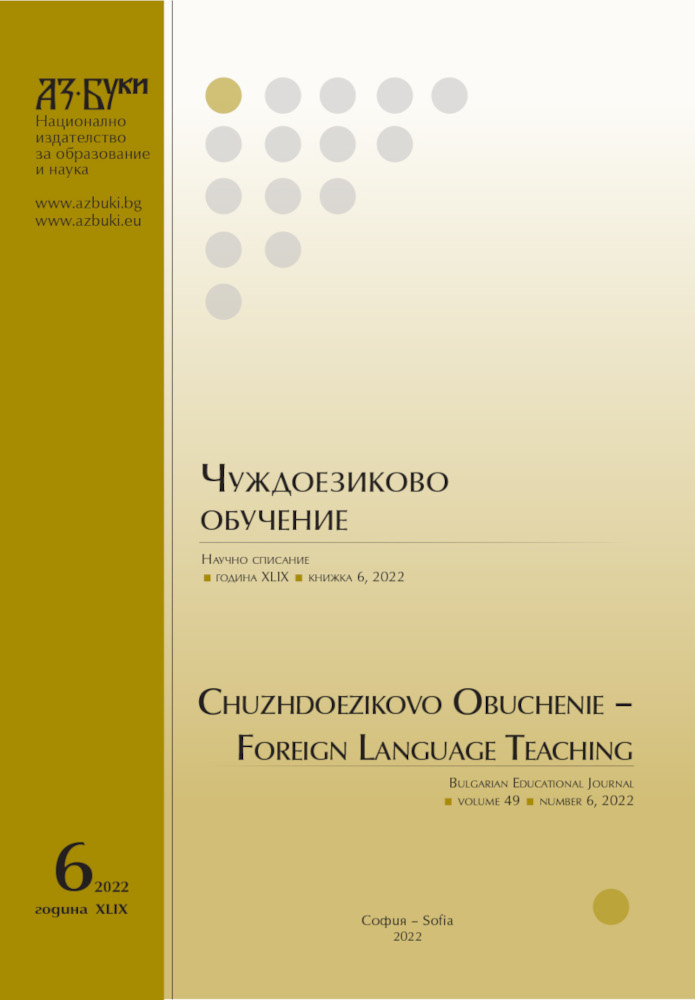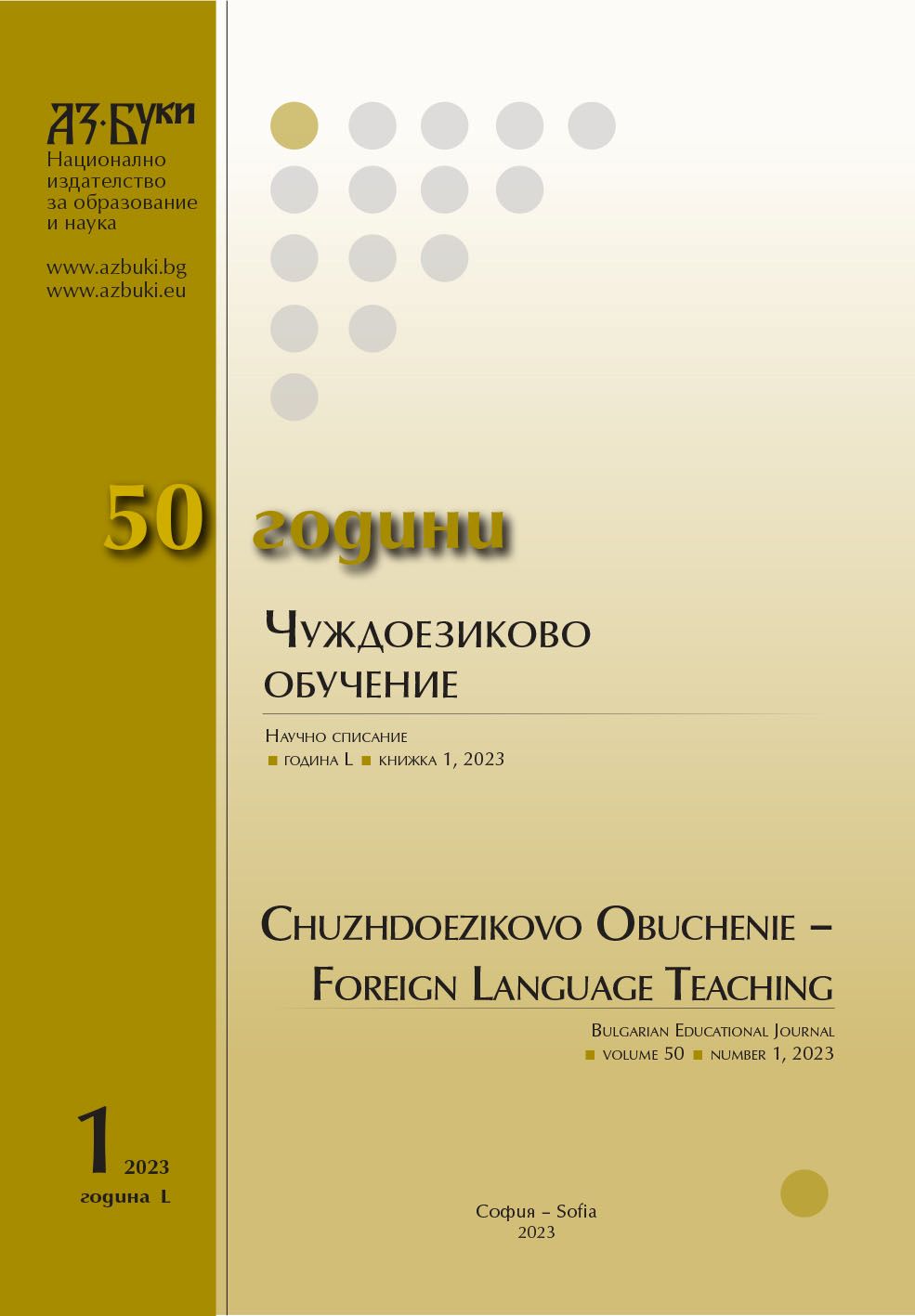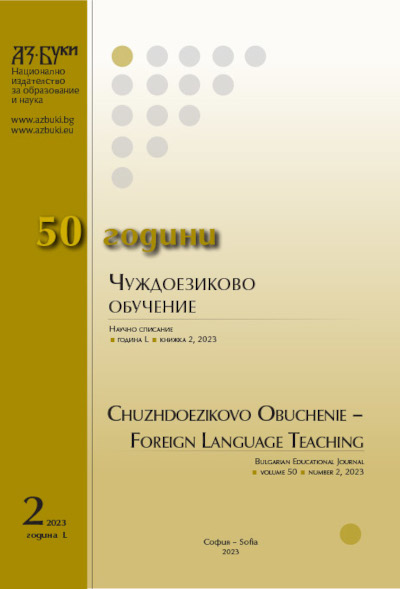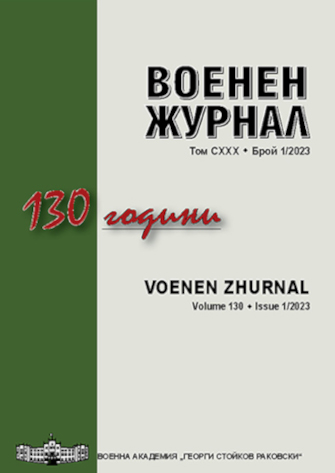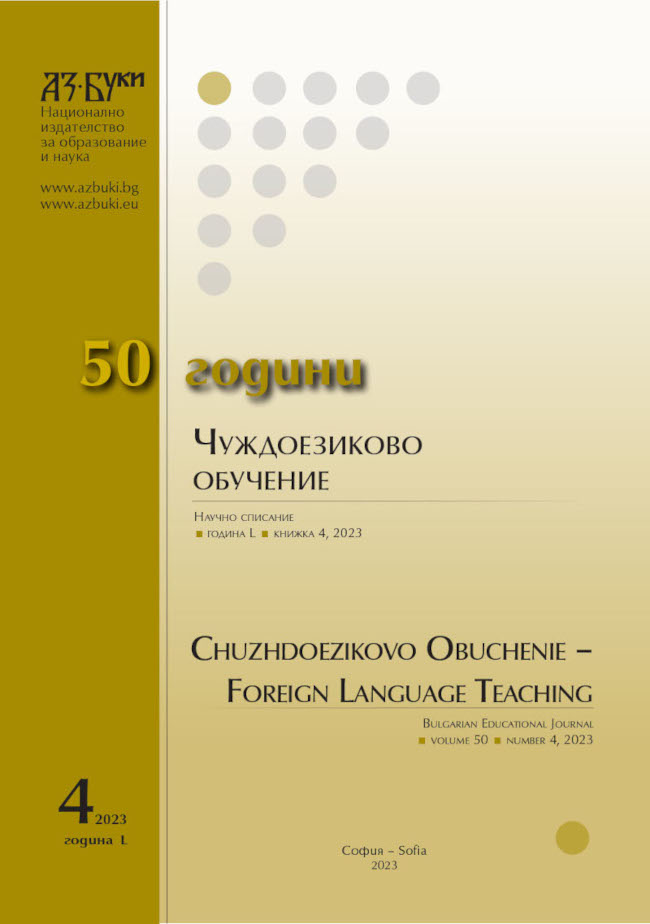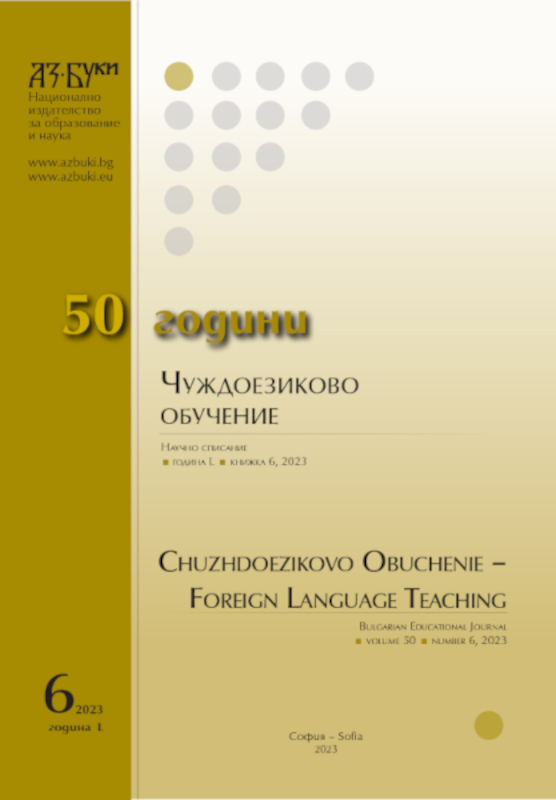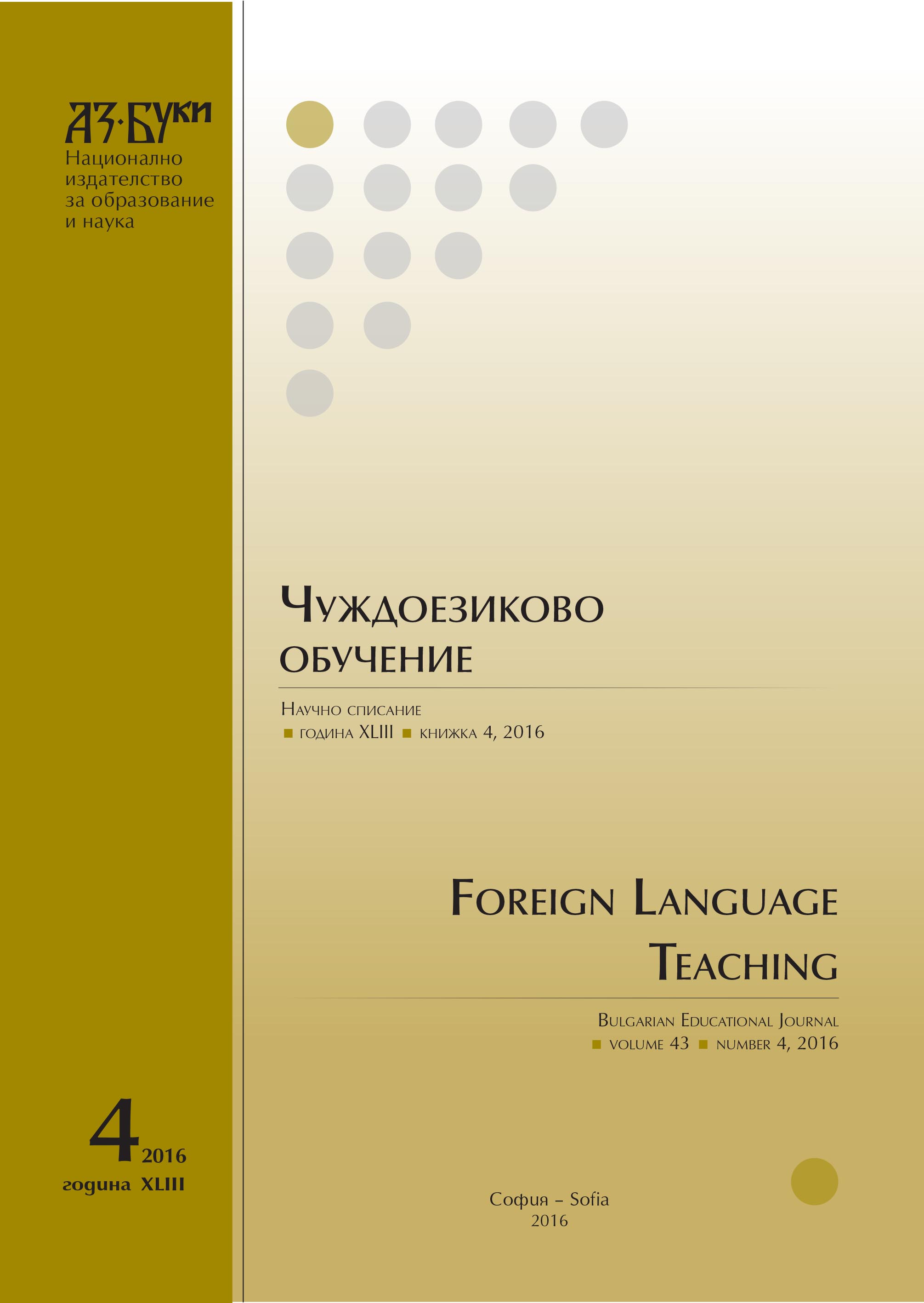
Русский язык в современном мире
Various sociolinguistic changes (i.e. vulgarization, Americanization, the impact on the literary language of other substandard strata, etc.) have a direct impact on the evolution of the words describing the basic social and cultural concepts like ‘man’ and ‘woman’. The study of such nominations is possible to explicate both surface and deep transformation of modern language picture of the world and Russian linguistic mentality.
More...
